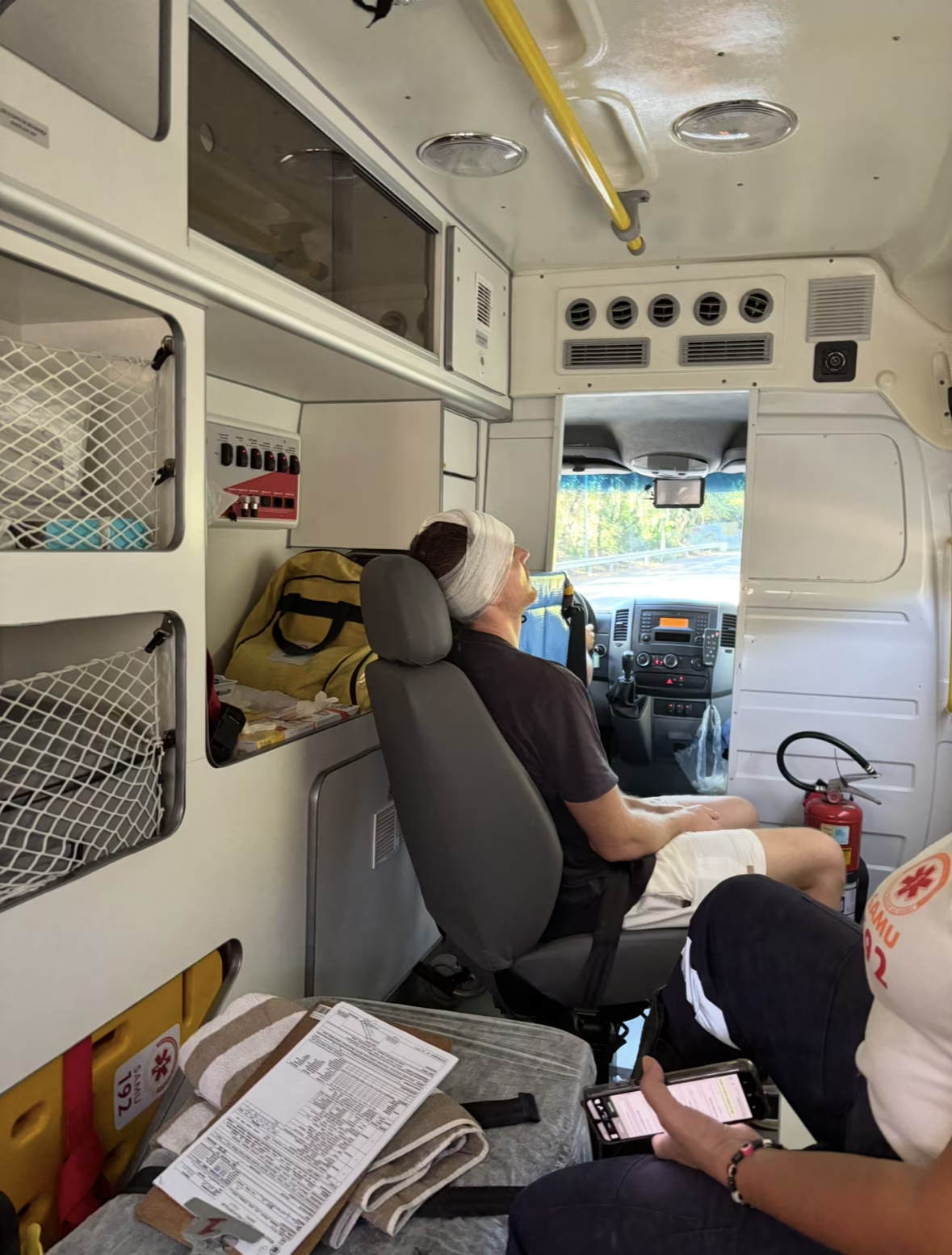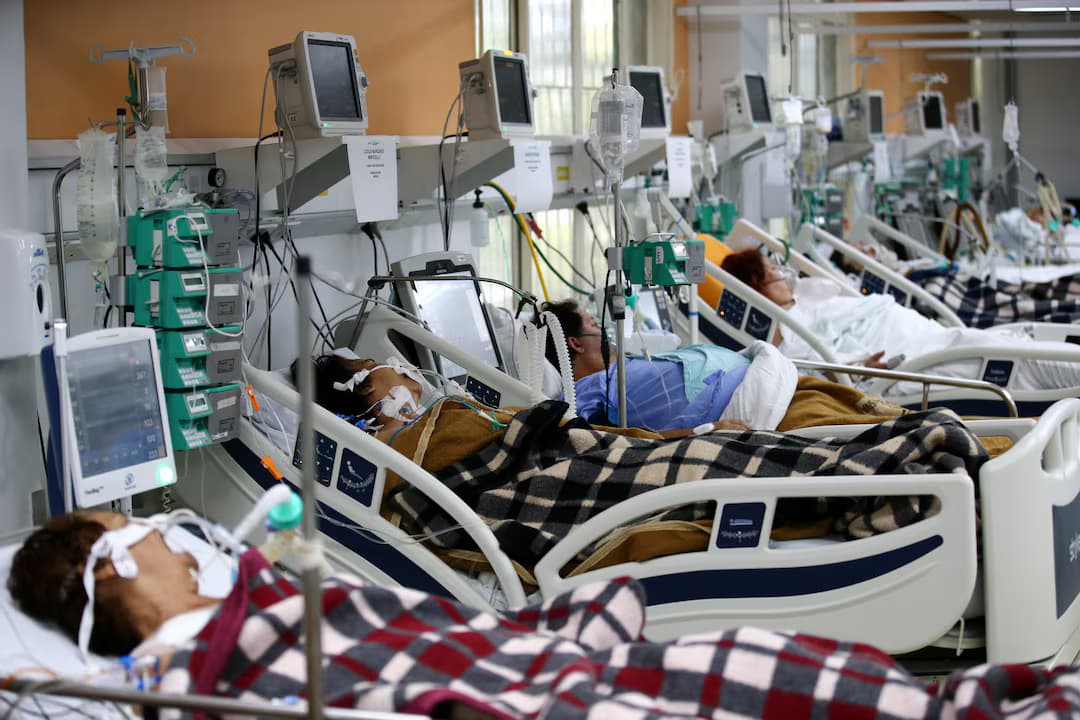A family vacation in Brazil turned into a stark lesson on health equity when a minor accident exposed the vast differences between Brazilian and American health care systems. A father’s head injury led to a hospital visit that cost him nothing, a reality far removed from the experiences of many Americans.
Brazil"s Health Care is a Right
Brazil enshrines health care as a constitutional right for its 215 million citizens. The Sistema Único de Saúde, commonly referred to as SUS, provides free health care to all, including 2 million foreign residents. This system handles an astonishing 2.8 billion admissions annually, with over 70% of Brazilians relying on it for their medical needs. In contrast, the U.S. struggles to provide basic care for millions, leaving vulnerabilities starkly highlighted in instances of emergency.
The Free Care Experience
During his unexpected visit to Hospital Hugo Miranda, the author experienced an immediate contrast to American emergency care. No inquiries regarding insurance or payment were made, a relief for many who dread the financial burdens that often accompany medical treatment in the United States. As noted in reports from PMC, Brazil has developed a robust emergency care network, which has seen significant advancements since the early 2000s.

I got an ambulance ride, CT scan and ER care in Brazil. My ...
Barriers to Access in America
In the U.S., emergency room visits can lead to bills ranging from hundreds to thousands of dollars, depending on coverage and care received. As the Congressional Budget Office estimates millions of Americans could remain uninsured due to recent legislative changes, the reality is that many families face a choice between care and financial ruin. The Brazilian model stands in stark contrast, demonstrating that universal health care can be achieved, despite its challenges. As reported by PMC, health care access is not organized by social security but rather as a public good in Brazil.
Challenges Facing SUS
Despite its successes, SUS is not without flaws. Patients often endure long wait times for specialized services, and funding remains a constant battle. The system buckled during the COVID-19 pandemic, revealing cracks that were already apparent. Political discourse around health care in Brazil has been contentious, especially following former President Jair Bolsonaro’s push to privatize the system. Public backlash against such measures has been immense, with grassroots movements like “Brazil Needs SUS” uniting citizens across socio-economic lines.

I got an ambulance ride, CT scan and ER care in Brazil. My ...
The Role of Equity in Health Care
One significant aspect of Brazil"s health care system is its commitment to equity. During the author’s hospital visit, patients from various socio-economic backgrounds shared waiting areas, each receiving the same level of care regardless of their status. This is a far cry from the segregated experiences of American patients, where insurance dictates quality and access. As noted in studies within the field, a health care system that prioritizes equity is critical for ensuring all individuals receive necessary treatment, regardless of their financial circumstances.
As President Lula da Silva pledges to bolster funding for SUS, the implications for health equity in Brazil could serve as a model for the U.S. to emulate. The path forward may not be easy, but the foundational principle that health care is a right rather than a privilege remains a powerful rallying cry.







![[Video] Gunfire between Iraqi security forces and Sadr militias in Baghdad](/_next/image?url=%2Fapi%2Fimage%2Fthumbnails%2Fthumbnail-1768343508874-4redb-thumbnail.jpg&w=3840&q=75)
